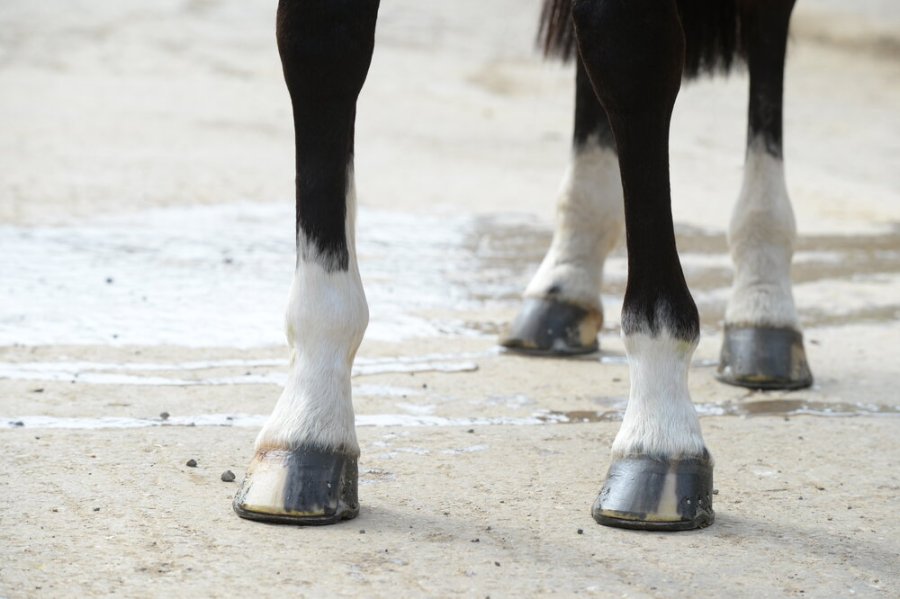The FEI has published the first section of a three-part report following its investigation into the outbreak of the neurological form of Equine Herpes Virus (EHV-1) in Spain in February 2021.
The outbreak resulted in the deaths of 18 horses in mainland Europe and confirmed related cases in 10 countries: Belgium, Denmark, France, Germany, Italy, Qatar, Spain, Slovakia, Sweden and Switzerland.
The investigation, which focused on venues where there were related cases, has shown that there were systemic failures in a number of areas. The report provides a picture of the outbreak, including the series of events, causes, roles and responsibilities, and analysis. It evaluates what was done correctly and identifies where there were failings, and lessons learned.
“The Report into last year’s EHV-1 outbreak in Spain is a significant body of work which offers a forensic examination of all elements of the outbreak”, FEI President Ingmar De Vos said. “The first part of the Report looks at what went wrong and what the FEI and our community did or could have done to minimise the impact and spread of the virus. It is clear that mistakes were made and we all need to learn from them so we ensure that we never have an outbreak of such devastating impact again.
“There has to be accountability and everyone – including the FEI – has to take their share of responsibility. Individual accountabilities will need to be established by the FEI based on the contents of this Report prior to any further potential actions. The FEI Legal Department will make a thorough analysis and the findings of any resulting legal processes will be made public in due course.”
Accountability, lack of preparedness and measures that have already been taken to rectify that, including enhanced jurisdiction for the FEI and reinforced Rules, are mentioned. Blocking of sick and in-contact horses in the FEI Database to prevent further transmission, the importance of risk assessment, both pre- and post-outbreak, pre-event onsite regulatory checks and the creation of Emergency Response Units are also covered.
“The significance of the investigation findings and the Report itself have been brought into sharper focus by the current outbreak in the United States, once again highlighting the fact that there will never be zero risk with EHV,” added Mr De Vos. “What we must do at every event and in every home barn is to ensure that correct biosecurity measures are in place for the safety of our horses. And we now have the tools to do that, provided we work together as a community to ensure enforcement and compliance.”
Part 2 of the Report will be published in advance of the FEI Sports Forum 2022 (25-26 April) and covers the measures implemented to allow Return to Competition following the six-week FEI-imposed lockdown on international sport in mainland Europe.
Part 3 will be presented at the FEI Sports Forum and will look at the way forward, including potential global vaccination protocols.
Part 1 of the Report is available to read here.









